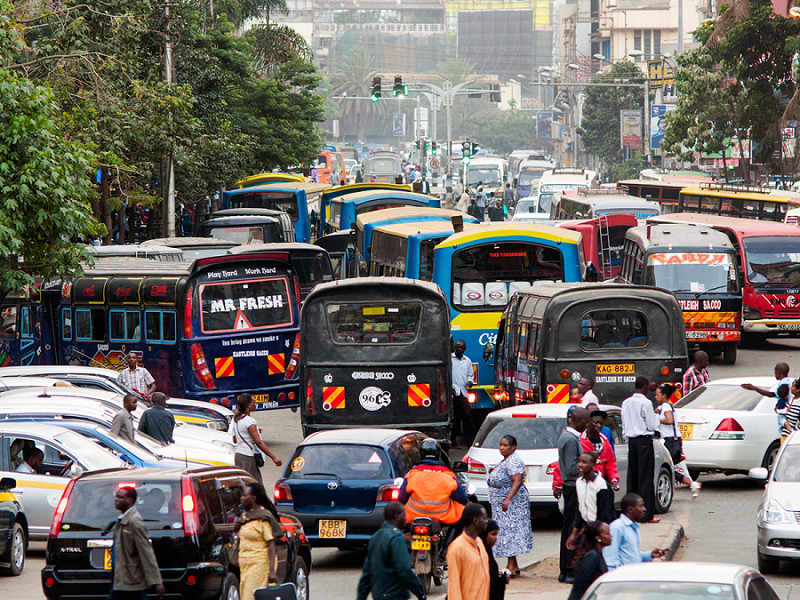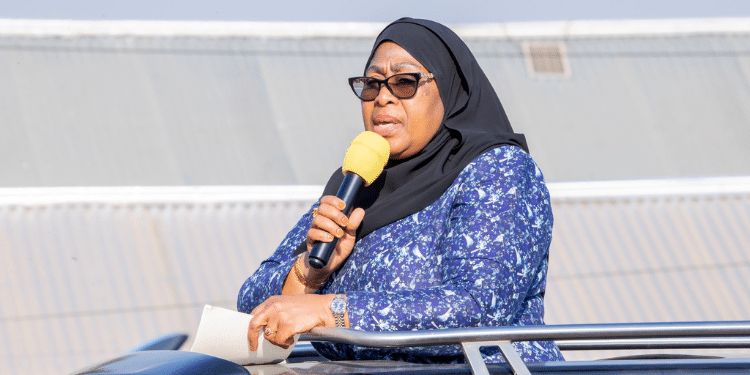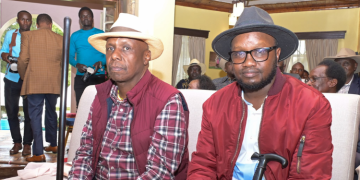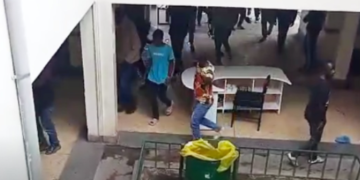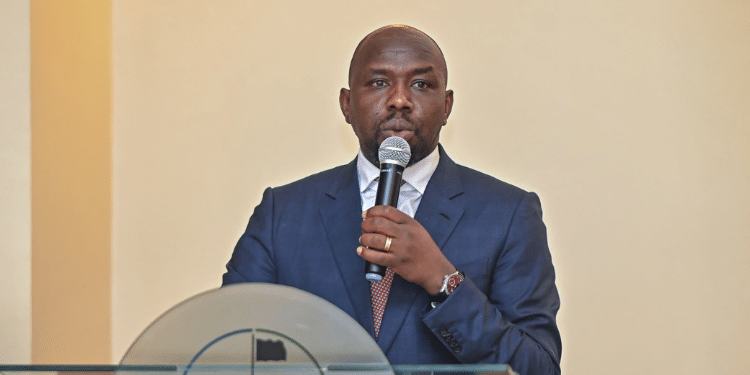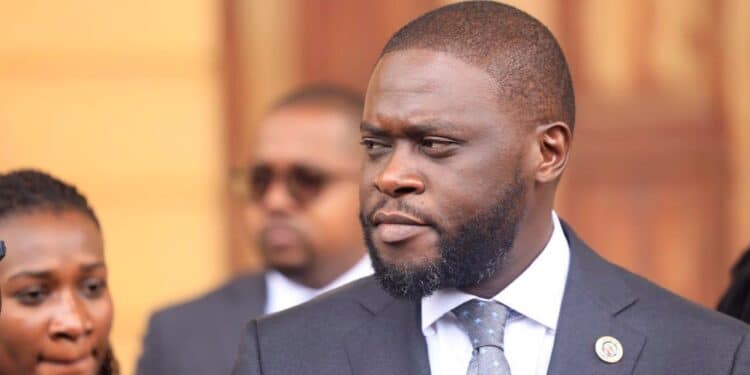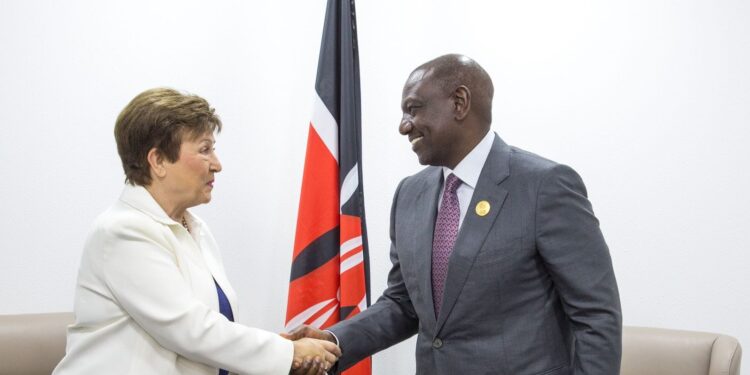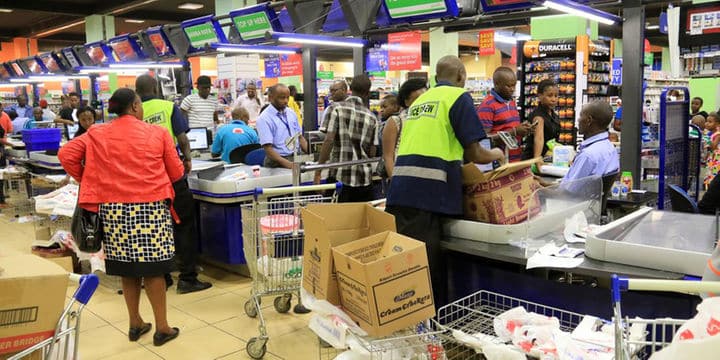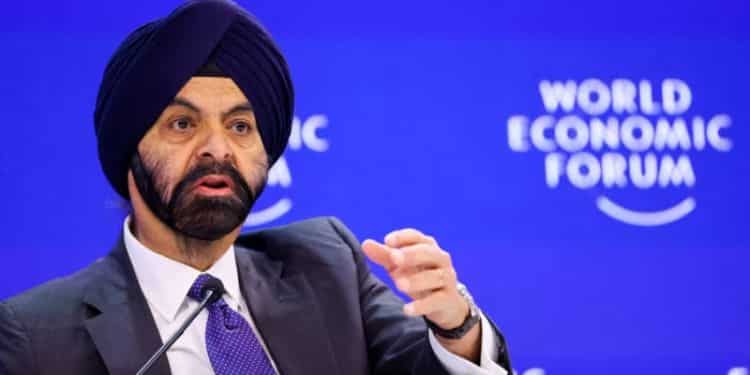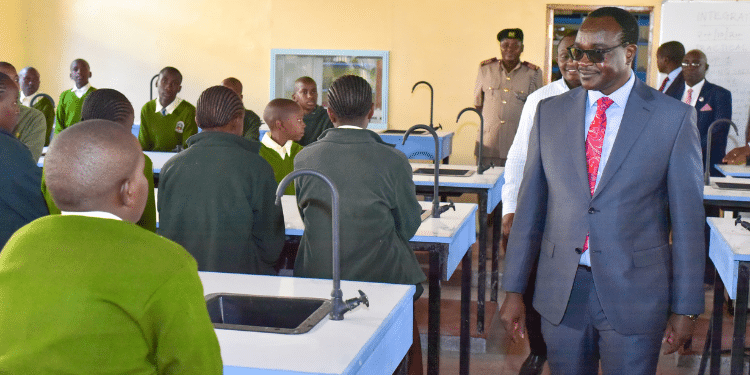The Nairobi County Assembly is inviting Members of the public and relevant stakeholders to submit their views on the Nairobi Finance Bill, 2023.
In a public notice from Edward Gichana, the Clerk of the Nairobi City County Assembly, Kenyans will have their say before the house’s decision.
The public participation notice is pursuant to article 196(1) (b) of the constitution, section 7 (a) of the Nairobi City County Public Participation Act of 2015 and the standing order 135 (3) of the County Assemble standing orders.
These laws require public participation from the Nairobi City County stakeholders on bills presented before the Nairobi City County Assembly.
In the public notice, it was noted that the Nairobi Finance Bill, 2023 was first published on 8th September and read for the first time on the 12th of September 2023.
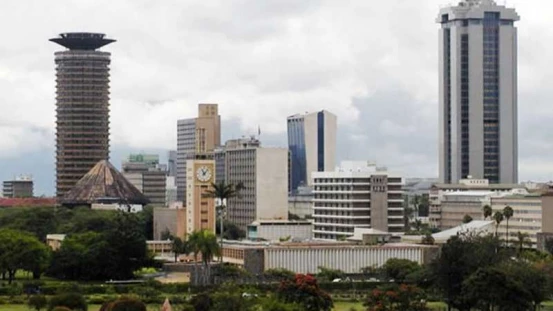
What is the Nairobi Finance Bill of 2023?
The Nairobi City County Finance Bill is described as an act of the County Assembly of Nairobi City to amend various county legislation.
Further, the laws include taxes, fees, and charges for services, and for other revenue sharing measures by the County Government.
The Nairobi Finance Bill seeks to change the existing taxes, fees, levies and charges and introduce new ones.
It also introduces revenue administration measures to facilitate effective enforcement and compliance.
Proposed changes
First, The Nairobi Finance Bill 2023 proposes the introduction of new charges and vary the prevailing parking and ticket fees on all designated places and zones for all types of transport.
In addition, the bill serves as an amendment to the Nairobi City County Transport Act, 2020.
Moreover, the bill seeks to introduce new or varied charges and fees for various categories. These include markets, transport and quarry materials, trade, physical planning, environment, public health, parks, weights and measures, co-operatives, outdoor advertisement, and housing among others.
Also Read: Sakaja Issues Demolition Order Ahead of El Nino
This is an amendment to the Nairobi City County Revenue Act of 2015.
What’s more, The Nairobi Finance Bill also seeks to introduce application, grant and annual fees for betting shops and vary the current charges on unlicensed pool tables. This is an amendment to the Nairobi City Betting and Gaming Act of 2021.
Additionally, there are changes proposed are to introduce administrative measures to provide 50% of licensing fees to be remitted to the County Revenue fund.
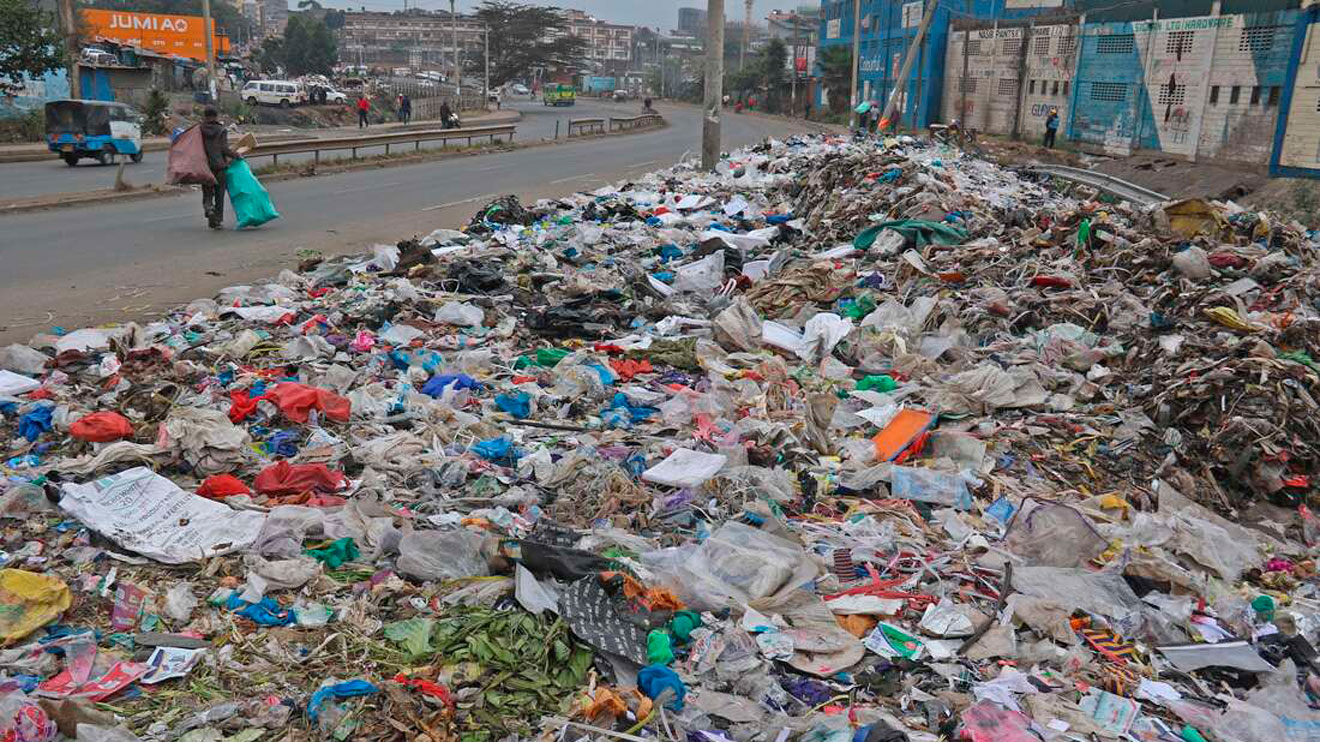
This amendment also seeks to revise the annual charge for retailing alcoholic drinks. This acts as an amendment to the Nairobi City County Alcoholic Drinks Control and Licensing Act of 2014
Still, Nairobi Governor Johnson Sakaja seeks to introduce an annual environment levy.
Finally, there is a proposed introduction of the nine-member Board of Directors of the Revenue Authority and avail 2% of the annual estimated revenue for the operation.
This proposal acts as an amendment of the Nairobi City County Revenue Administration Act.
When will Public Participation happen?
The notice states that the public hearings on the Nairobi Finance Bill will be undertaken jointly by the County Treasury and the County Assembly Commitee.
This will happen on Monday 25th September, Tuesday September 26 and Wednesday, September 27.
It will happen in all seventeen sub counties between 9:00 am to 1:00 pm with varying dates depending on the location.
Nairobi Administrative units
The Nairobi City County is also collecting views of all stakeholders on the proposed establishment of five Boroughs- administrative units.
Notably, the Boroughs and their sub counties include the Central Borough which will consist of Starehe, Makadara, Kamukunji and Mathare areas.
Besides, the Eastern Borough comprises of Embakasi East, Embakasi West, Embakasi North, Embakasi South and Embakasi Central areas.
Also Read: YouTube Shuts Down Andrew Kibes Channel
Similarly, the Western Borough will comprise of Dagoretti North and Westlands areas.
Additionally, the Northern Borough shall consist ofR oysambu, Ruaraka and Kasarani areas.
Lastly, the Southern Borough is envisioned to comprise of Kibra, Lang’ata and Dagoretti South areas.
